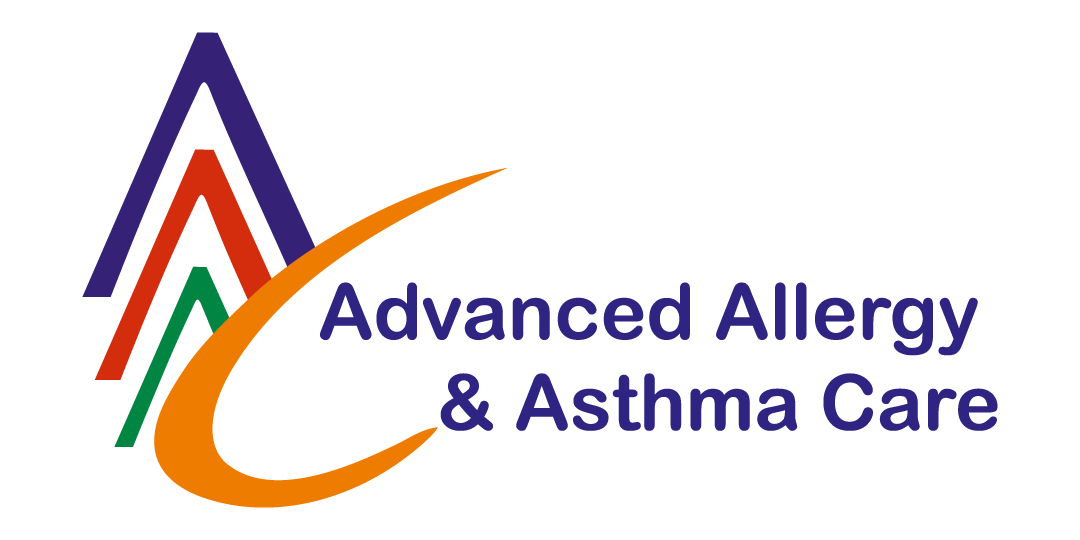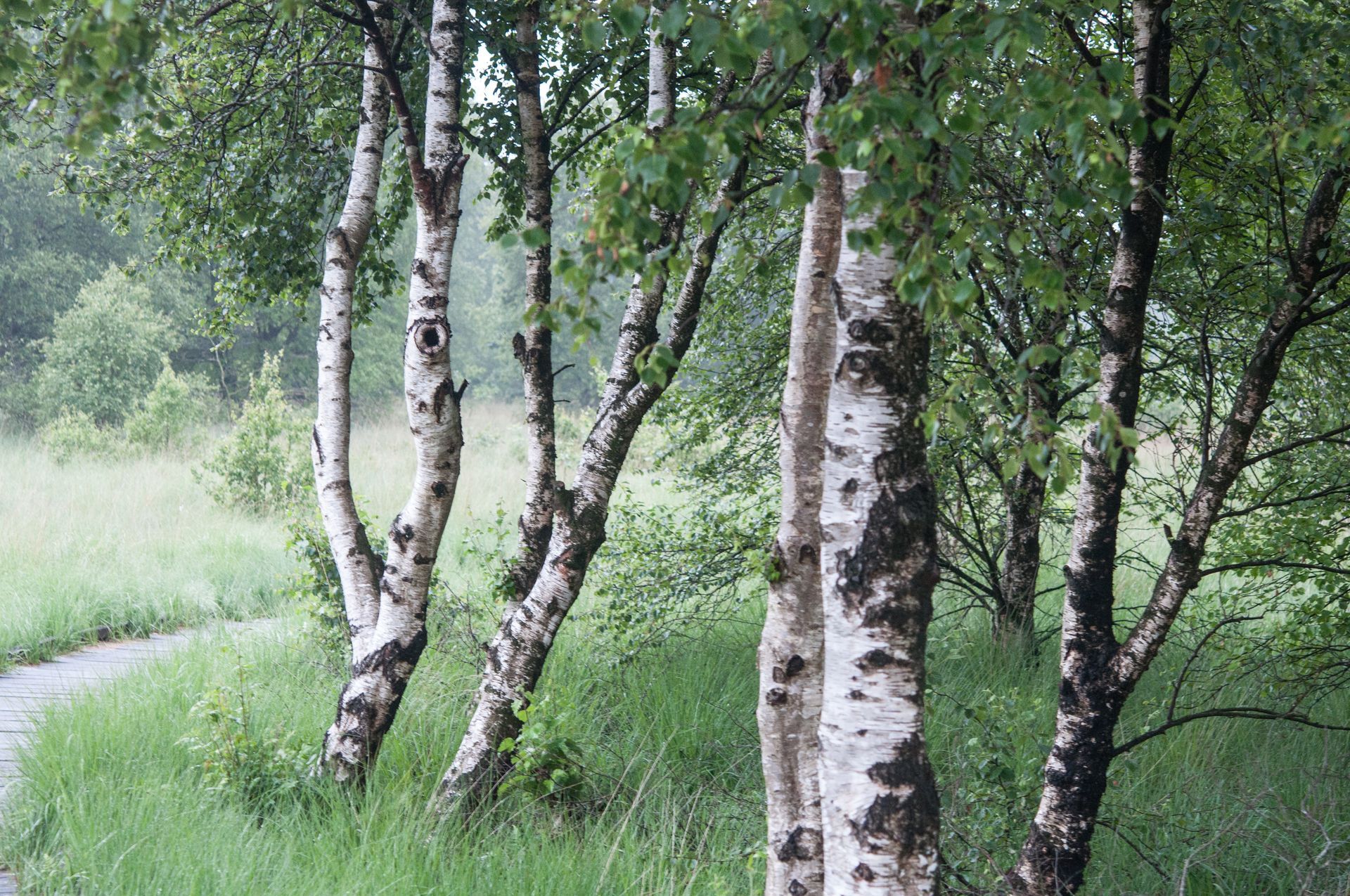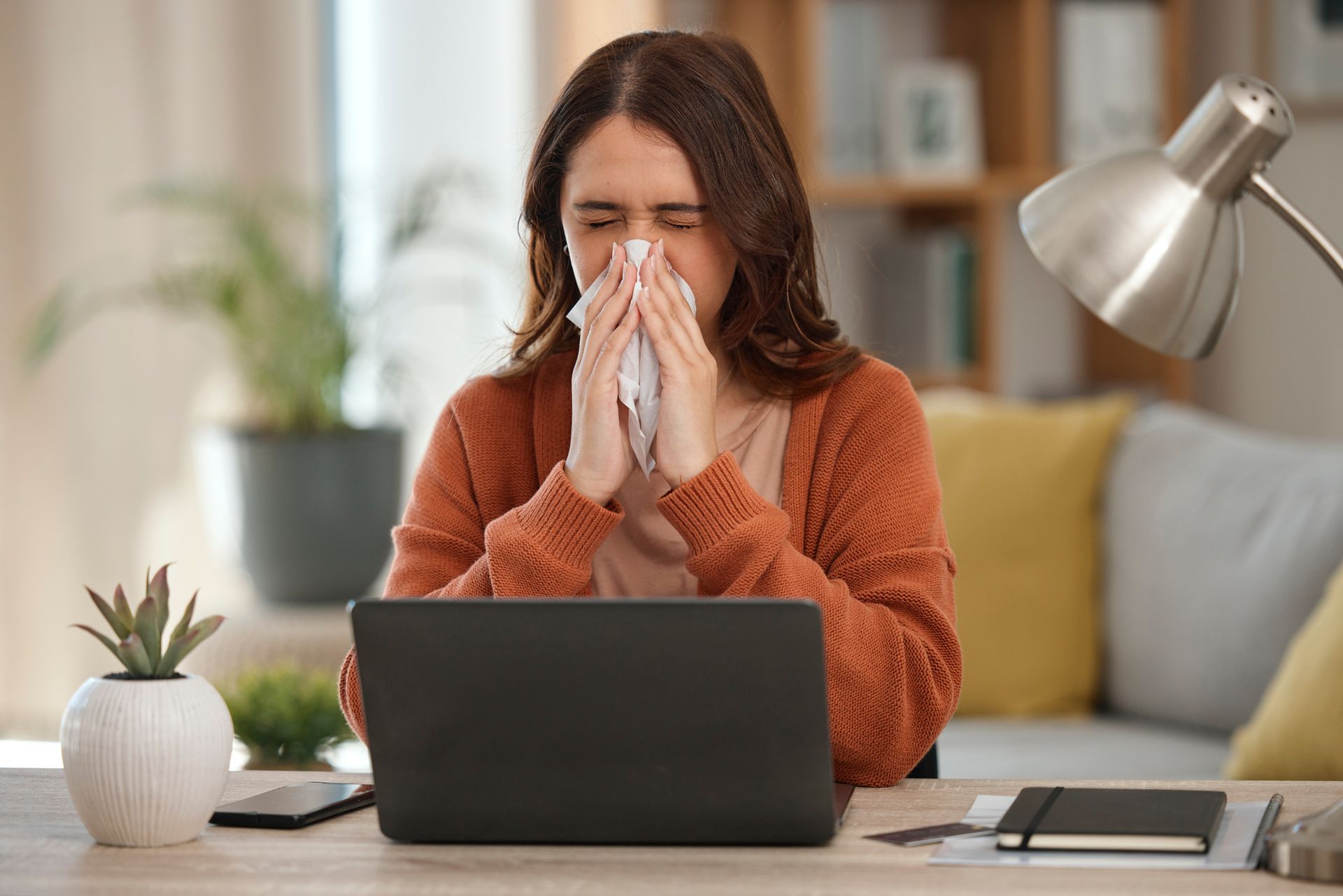How Can I Alleviate Cedar Allergy in Florida?

Florida's warm and sunny climate means paradise for many, but it comes with challenges for those with allergies—especially cedar allergies. While the state's lush landscapes and beautiful cedar trees provide shade and beauty, they also trigger allergic reactions in some people. If you're prone to cedar allergies, you're likely wondering how to avoid cedar allergies while enjoying everything the Sunshine State offers.
Here are the best tips and strategies to help alleviate your cedar allergy symptoms and experience the Florida outdoors in all its splendor!
What Are Cedar Allergies and Why Do They Matter in Florida?
Cedar allergies occur due to exposure to pollen from various cedar tree species. One of the most common culprits in Florida is the Eastern Red Cedar (Juniperus Virginiana). When these cedar trees release pollen, it travels through the air, eventually reaching your nose, eyes, and throat.
If you're sensitive to cedar pollen, you may experience symptoms like sneezing, itchy or watery eyes, a runny or congested nose, and even coughing or a scratchy throat. So, what can you do to find relief?
- Monitor Pollen Counts
One of the first steps in managing cedar allergies is to monitor cedar pollen counts. Many weather websites and apps provide up-to-date pollen information, helping you plan your outdoor activities accordingly. On days when cedar pollen is exceptionally high, stay indoors or wear a mask if you need to go outside.
- Choose the Right Time for Outdoor Activities
Cedar tree pollen tends to be most active during the early morning and late afternoon. If you want to enjoy Florida's outdoor beauty, plan your activities for the midday when pollen levels are considerably lower.
- Keep Windows and Doors Closed
Though Florida's weather is inviting, keep your windows and doors shut during high pollen seasons. Use air conditioning or air purifiers to maintain a pollen-free indoor environment.
- Take Over-The-Counter Medications
Over-the-counter antihistamines or decongestants temporarily relieve cedar tree allergy symptoms. Always consult an allergist when considering medication to determine the safest, most effective options for your needs.
- Try Nasal Rinses
Saline nasal rinses efficiently remove pollen particles from your nasal passages. This simple and natural remedy can provide relief from congestion and sinus symptoms.
- Allergen-Proof Your Home
To create a comfortable and allergen-free environment in your home, purchase allergen-proof pillowcases and mattress covers. Washing and changing your bedding regularly (with hot water) can also eliminate allergens. Additionally, consider installing a high-efficiency particulate air (HEPA) filter to help remove allergens from the air and improve air quality.
- Consult an Allergist
If your cedar allergies are particularly severe or persistent, visit an allergist. Allergy doctors conduct tests to determine your specific allergens and suggest personalized treatment plans, which may include allergy shots or prescription medications.
- Consider Allergy Immunotherapy
Allergy immunotherapy, commonly known as allergy shots, is a long-term solution for managing allergies. This treatment involves gradually introducing your immune system to the allergen, building tolerance over time. This method is a life-changing option for those with severe cedar allergies.
Cedar allergies in Florida are troublesome, but with the right strategies, you’ll evade the symptoms and continue to enjoy the state's natural beauty. Reclaim your outdoor adventures and live your life to the fullest by staying informed about pollen levels, taking preventive measures, and finding the right treatment. So, don't let cedar allergies hold you back – embrace the Florida lifestyle with confidence!
FAQs
When is cedar allergy season in Florida?
Cedar allergy season in Florida typically occurs during the winter months, from late November through early March, coinciding with the cedar pollen release.
What are the common symptoms of cedar allergies in Florida?
Common symptoms include sneezing, runny or stuffy nose, itchy or watery eyes, coughing, and sometimes skin rashes. These symptoms can vary in severity.
Are there non-medical ways to reduce cedar allergy symptoms in Florida?
Yes, non-medical measures are effective in reducing cedar allergy symptoms. Keep your windows shut to intercept pollen from entering your home, use air purifiers, and regularly clean your living space. Shower and change clothing after spending time outdoors during the peak pollen season.
Can I wear a mask to reduce cedar pollen exposure?
Wearing a mask, especially outdoors during high pollen counts, helps reduce pollen exposure and alleviate symptoms.
Are there specific foods to avoid if I have cedar allergies in Florida?
Some people with cedar allergies may experience oral allergy syndrome triggered by consuming certain foods like apples, pears, and carrots. Consult with an allergist for guidance on specific food triggers.
Can I plant hypoallergenic trees in my yard to reduce cedar pollen exposure?
Yes, planting hypoallergenic trees, like female varieties of certain trees or fruit-bearing trees, may reduce pollen exposure. Consult with a local horticulturist for suitable options.
Can I take preventive measures to avoid cedar allergies in Florida?
Yes. Try preventive measures like monitoring pollen forecasts, planning outdoor activities on low-pollen days, and using pollen filters in your home's HVAC system.
How can I find an allergist in Florida for cedar allergy treatment?
You may find allergists by asking for referrals from your primary care physician, searching online, or contacting local hospitals or allergy clinics. Make sure the allergist specializes in treating cedar allergies.
Are there any natural remedies for cedar allergies in Florida?
Some people find relief from natural remedies like saline nasal rinses, local honey, or herbal supplements. However, their effectiveness varies from person to person, so consult with a healthcare professional before trying these options.
Can cedar allergies lead to more severe health issues?
While cedar allergies are generally not life-threatening, they often cause discomfort and exacerbate other respiratory conditions like asthma. Managing cedar allergies helps prevent complications.
What is cedar fever?
Cedar fever is another name for cedar allergies, which occurs due to exposure to cedar pollen.
What are the common cedar fever symptoms?
The symptoms of cedar fever are similar to those of other pollen allergies and may include sneezing, runny or stuffy nose, itchy or watery eyes, coughing, and sometimes skin rashes.
What is the most effective cedar fever treatment?
Suppose you're experiencing symptoms of cedar fever. In that case, there are several strategies you can use to find relief, such as allergen-proofing your home, trying out avoidance strategies, and using over-the-counter medications or nasal rinses. In severe cases, allergy shots or prescription medications may be necessary.
Live and Breathe Easier In The Sunshine State, Allergy-Free!
Nothing beats spending quality time with your family in the beautiful Sunshine State. If you want to experience a cedar-allergy-free life, you're on the right track!
Advanced Allergy and Asthma Care provides customized cedar allergy treatment plans using proven methods with years of experience. Our
board-certified allergy experts are here to help you achieve maximum protection against allergies all year round!
Request an appointment that suits your schedule today! Contact us at (727) 544-8100 or (813) 476-3394.




